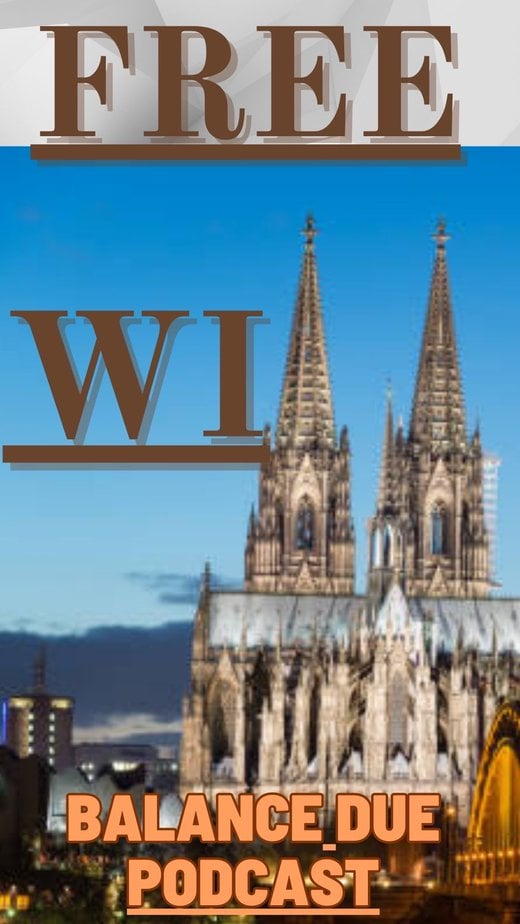
In this podcast episode of Balance Due. The Minister of Balance will discuss the grace of Free Will. How it’s a gift. In addition, how we should use it in these times of peril; to love, serve others and share the good news with those around us. In Isaiah 48:18, God speaks to his people, saying, “If only you had paid attention to my commands, your peace would have been like a river, your well-being like the waves of the sea.” This verse reminds us that God has given us the freedom to choose whether we will follow his commands or not. We don’t all have to agree with the way people choose to live. We can make suggestions, but adults make their own decisions. I don’t know about you, but my philosophy is, live and let live.
“Exploring Free Will: A Journey Through Choice and Consequence”
Introduction: Welcome to “Exploring Free Will: A Journey Through Choice and Consequence,” where we delve into the multifaceted nature of free will, its significance in various contexts, and its impact on our lives. Today, we’ll unravel the layers of this complex concept, drawing insights from philosophy, religion, and everyday experiences.
Meaning and Importance of Free Will: Free will, simply put, is the ability to make choices unconstrained by external factors. It is the cornerstone of autonomy and individual agency, allowing us to shape our destinies and determine the course of our lives. In philosophical discourse, debates about determinism versus free will have raged for centuries, reflecting the profound implications of this concept. Without free will, moral responsibility, personal accountability, and the very notion of human agency would lose their meaning.
In religious contexts, free will takes on a spiritual dimension, embodying the divine gift of choice bestowed upon humanity. For instance, in Christianity, the biblical verse Genesis 2:16-17 states, “And the Lord God commanded the man, ‘You are free to eat from any tree in the garden; but you must not eat from the tree of the knowledge of good and evil, for when you eat from it you will certainly die.'” This passage encapsulates the notion of free will as humanity’s ability to obey or disobey divine commands, with consequences determined by the choices made.
Detailed Analysis of Genesis 2:16-17: In Genesis, God grants Adam and Eve the freedom to choose their actions, symbolized by the prohibition against eating from the tree of knowledge. This narrative underscores the intrinsic link between free will and moral responsibility. By exercising their free will to disobey God’s command, Adam and Eve face the consequences of their actions, leading to their expulsion from the Garden of Eden. Thus, the verse serves as a poignant reminder of the weight of choice and the ramifications of its misuse.
Practical Examples: In everyday life, free will manifests in myriad ways, from mundane decisions like what to eat for breakfast to life-altering choices such as career paths or relationships. Consider the story of a person facing addiction. While external factors may influence their circumstances, ultimately, it is their exercise of free will that determines whether they seek help and pursue recovery or succumb to their addiction.
Consequences of Misusing Free Will: However, the misuse of free will can have dire consequences. For instance, individuals may choose to engage in harmful behaviors that not only affect themselves but also impact others. From acts of violence to environmental degradation, the misuse of free will highlights the ethical complexities inherent in human decision-making.
Transition to Personal Philosophy: As we navigate the terrain of free will, it becomes apparent that our choices shape not only our individual trajectories but also the collective tapestry of society. While external forces may exert influence, it is our capacity for choice that empowers us to transcend circumstances and carve out our destinies.
Conclusion: In conclusion, the exploration of free will unveils its profound significance across philosophical, religious, and practical domains. From the biblical narrative of Adam and Eve to the complexities of everyday decision-making, free will remains a fundamental aspect of the human experience, imbuing life with meaning, responsibility, and the potential for growth. Join us next time as we continue to unravel the mysteries of the human condition.
Podcast: Play in new window | Download
Subscribe: Spotify | Pandora | Email | TuneIn | Deezer | RSS | More







